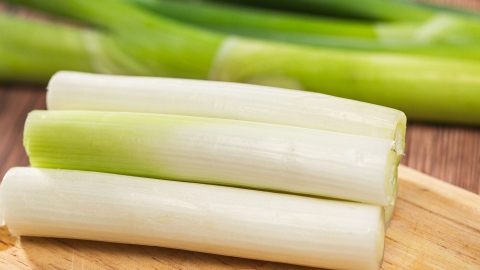Can I eat cooked onions after getting double eyelid surgery?
Under normal circumstances, after double eyelid surgery, it is advisable to temporarily avoid consuming cooked onions. Although heating reduces the pungent components in onions, their volatile oils and sulfides remain irritating and may induce local capillary dilation, increase the risk of exudation, and thereby delay epithelialization of the incision.

The early postoperative period is a critical window for collagen remodeling and inflammation resolution. Ingesting Allium species (such as onion, garlic, or scallion) during this phase may interfere with healing through two main pathways: first, irritants may cause incision hyperemia and edema, prolonging the swelling phase; second, bacteria harbored in food residues may enter the oral cavity, and due to temporarily reduced immunity after surgery, secondary bacterial infection could occur. If suppuration develops, the risk of scar hypertrophy increases accordingly.
Therefore, clinical guidelines routinely recommend a mild, low-salt, low-pigment diet for at least two weeks after surgery. Consumption of onions, ginger, garlic, chili peppers, and alcohol should be suspended. Normal dietary habits can be gradually reintroduced in small amounts only after suture removal and complete wound closure. If a small amount of cooked onion has been inadvertently consumed, there is no need for excessive concern. Gently rinse the mouth with saline solution and monitor the incision site for bleeding or unusual pain. Contact your surgeon for a follow-up evaluation if necessary.







